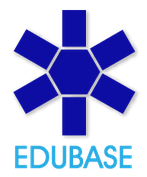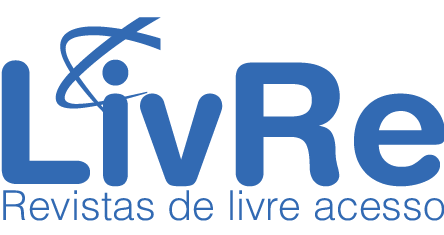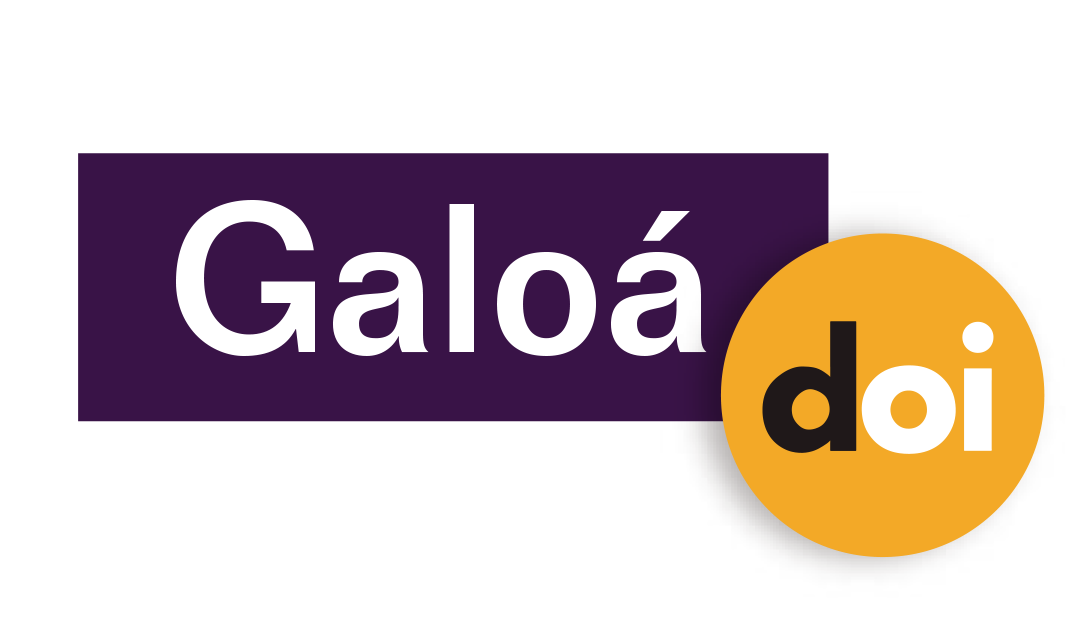The Construction of Definitions Through Padovan’s Combinatorial Model: An Investigation With Didactic Engineering in an Initial Education Course for Mathematics Teachers
Resumo
Background: Given the oversight of specific topics in the history of mathematics books, this research was motivated by the extensive coverage of the Fibonacci sequence. In addition, the existence of the Padovan sequence, which is considered a Fibonacci cousin, stands out. Objectives: Investigating the Padovan sequence, building its definition through a combinatorial model using manipulative materials based on the theory of didactical situations in the initial mathematics teacher education course context. Design: The research methodological design follows didactic engineering, and a didactic teaching situation is created to investigate the Padovan sequence. Thus, manipulative material was developed to facilitate the teaching process and the construction of the sequence definition. Settings and participants: The interventions were done in the mathematics degree course of a higher education institution in Fortaleza. Five students enrolled in the component of History of Mathematics participated in the study. Data collection and analysis: Data were collected during classes, recorded through photos and audio recordings, based on didactic engineering and the theory of didactical situations. Results: The most relevant result of this study is constructing the definition of the Padovan sequence through the manipulative material. Conclusions: We concluded that the research allowed an investigation of the Padovan sequence, enabling the visualisation of its terms and their integration with other mathematical contents, contributing to teaching these numbers.
Palavras-chave
Construction of definitions; Didactic engineering; Padovan combinatorial model; Didactic sequence; Theory of didactical situations
DOI: https://doi.org/10.17648/acta.scientiae.7728
Apontamentos
- Não há apontamentos.
Direitos autorais 2023 Renata Passos Machado Vieira, Francisco Regis Vieira Alves, Paula Maria Machado Cruz Catarino

Esta obra está licenciada sob uma licença Creative Commons Atribuição 4.0 Internacional.
ANÚNCIOS
Informamos que, a partir de outubro de 2024, a revista Acta Scientia volta a aceitar submissões de artigos para publicação.
Mais, informamos que sites fraudulentos, https://periodicos-ulbrabr.org e https://periodicos-ulbrabra.org, estiveram se passando pela Acta Scientiae, utilizando nosso nome e identidade visual e até solicitado taxas de APC, que nós não cobramos. Aconselhamos cautela para evitar serem enganados por sites semelhantes.
Conceito A2 na Capes(2021)
Índice h5 do Google Scholar: 13
Índice mediana h5 do Google Scholar:24
eISSN: 2178-7727
Indexações:
A Acta Scientiae é indexada em: | Scopus |  | Latindex |  | Edubase (SBU/UNICAMP) |
 | Sumarios.org |  | Google Scholar |  | Portal LivRe (CNEM) |
 | Journals for Free |  | REDIB |  | Galoá DOI |

Todos os trabalhos publicados aqui estão sob uma licença Creative Commons - Atribuição 4.0 Internacional.
